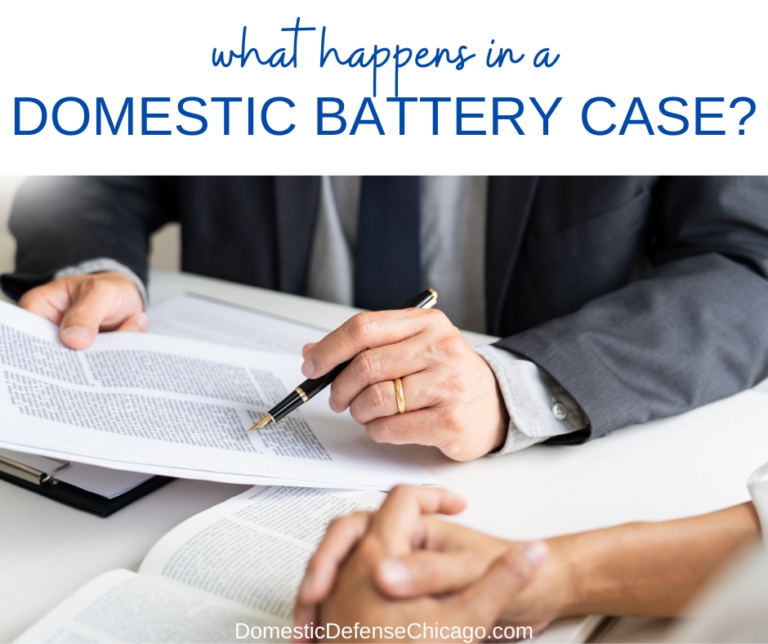Definition and Legal Framework

Domestic battery, a serious offense, involves the unlawful and intentional use of force against another person, typically within a domestic relationship. This offense is often characterized by a pattern of abusive behavior, including physical violence, emotional abuse, and intimidation. Understanding the legal definition and framework surrounding domestic battery is crucial for recognizing and addressing this harmful act.
Definition and Key Elements
Domestic battery is defined as the intentional and unlawful application of force to another person, resulting in physical harm or offensive contact. This definition encompasses various forms of physical abuse, including hitting, kicking, pushing, slapping, and choking. The key elements of domestic battery are:
- Intentionality: The act must be intentional, meaning the perpetrator acted with the conscious desire or knowledge that their actions would result in physical harm or offensive contact.
- Unlawfulness: The act must be unlawful, meaning it is not justified or excused by law, such as self-defense.
- Application of Force: The perpetrator must have applied force to the victim, which can include physical contact or the threat of physical contact.
- Physical Harm or Offensive Contact: The victim must have experienced physical harm, such as bruises, cuts, or broken bones, or have been subjected to offensive contact, which is any unwanted physical contact that is considered offensive or harmful.
Distinction from Assault and Battery
Domestic battery is often confused with assault and battery, but there are distinct differences. While assault involves the threat of imminent harm, battery involves actual physical contact. Domestic battery, however, specifically refers to battery that occurs within a domestic relationship, such as between spouses, partners, or family members.
Legal Framework, What is domestic battery
The legal framework surrounding domestic battery varies by jurisdiction. Most states have specific statutes addressing domestic violence, including domestic battery. These statutes typically define the elements of the offense, establish penalties, and Artikel procedures for obtaining protective orders.
Relevant Statutes
- Domestic Violence Statutes: These statutes provide a legal framework for addressing domestic violence, including domestic battery. They typically define the offense, Artikel penalties, and establish procedures for obtaining protective orders.
- Assault and Battery Statutes: While not specifically focused on domestic violence, assault and battery statutes may also apply to domestic battery cases. These statutes define the elements of assault and battery, establish penalties, and Artikel procedures for prosecution.
Case Law and Legal Precedents
- Case Law: Courts have developed a body of case law that interprets domestic battery statutes and establishes legal precedents. These precedents provide guidance for future cases and help to clarify the application of the law.
- Legal Precedents: Legal precedents, established through case law, provide a framework for interpreting and applying the law in future domestic battery cases. These precedents often address specific issues, such as the definition of domestic battery, the elements of the offense, and the burden of proof.
Consequences of Domestic Battery: What Is Domestic Battery

Domestic battery, a serious crime, carries significant legal, social, and emotional consequences for all involved. The repercussions extend beyond the immediate victim, impacting families and communities. Understanding these consequences is crucial for prevention, support, and ensuring justice for those affected.
Legal Consequences
The legal consequences of domestic battery are severe and vary depending on the severity of the offense, the jurisdiction, and the perpetrator’s criminal history.
- Fines: Domestic battery can result in substantial fines, ranging from hundreds to thousands of dollars. The amount can increase based on the severity of the assault and the perpetrator’s prior offenses.
- Imprisonment: Jail time is a common consequence of domestic battery. The length of imprisonment can vary from a few days to several years, depending on the circumstances. In cases involving severe injury or repeat offenses, imprisonment can be significantly longer.
- Protective Orders: Victims of domestic battery can seek protective orders, legally binding court orders that restrict the perpetrator’s contact with the victim. These orders can prohibit the perpetrator from approaching the victim’s home, workplace, or children.
- Criminal Record: A conviction for domestic battery leaves a permanent criminal record, impacting future employment, housing, and travel opportunities.
- Other Consequences: In addition to the above, domestic battery convictions can lead to the loss of firearm ownership rights, mandatory counseling, and community service.
Social and Emotional Impacts
Domestic battery has profound social and emotional consequences that can have lasting effects on victims, families, and communities.
- Victims: Domestic battery victims often experience a range of emotional and psychological trauma, including fear, anxiety, depression, post-traumatic stress disorder (PTSD), and low self-esteem. The physical injuries can be severe and require extensive medical care.
- Families: Domestic battery can disrupt family relationships, causing children to experience fear, anxiety, and behavioral problems. It can also lead to family separation, homelessness, and financial instability.
- Communities: Domestic battery has a ripple effect on communities, impacting public safety, healthcare resources, and social services. The costs associated with treating victims and addressing the consequences of domestic battery are significant.
Support Services
Numerous resources and support services are available to victims of domestic battery, providing them with the help they need to heal and rebuild their lives.
- Domestic Violence Hotlines: These hotlines provide confidential and immediate support, offering advice, safety planning, and referrals to local resources.
- Shelters: Domestic violence shelters offer safe housing, counseling, and support services to victims and their children.
- Legal Aid: Legal aid organizations provide free or low-cost legal assistance to victims, helping them navigate the legal system and obtain protective orders.
- Therapy: Therapy can help victims cope with the emotional trauma of domestic battery, addressing anxiety, depression, and PTSD.
What is domestic battery – Domestic battery is a serious offense involving physical harm or the threat of harm within a household. It’s important to remember that violence is never okay, and if you or someone you know is experiencing domestic abuse, please reach out for help.
The recent news about Skai Jackson being pregnant is a reminder that everyone deserves a safe and supportive environment, regardless of their personal life. If you need resources or information about domestic battery, there are many organizations available to provide support and guidance.
Domestic battery is a serious crime that involves intentionally causing physical harm to someone you’re in a relationship with. It can be hard to imagine, especially when you see seemingly happy couples like Skai Jackson and her boyfriend , but even in seemingly healthy relationships, domestic battery can occur.
Remember, if you or someone you know is experiencing domestic violence, there are resources available to help.
